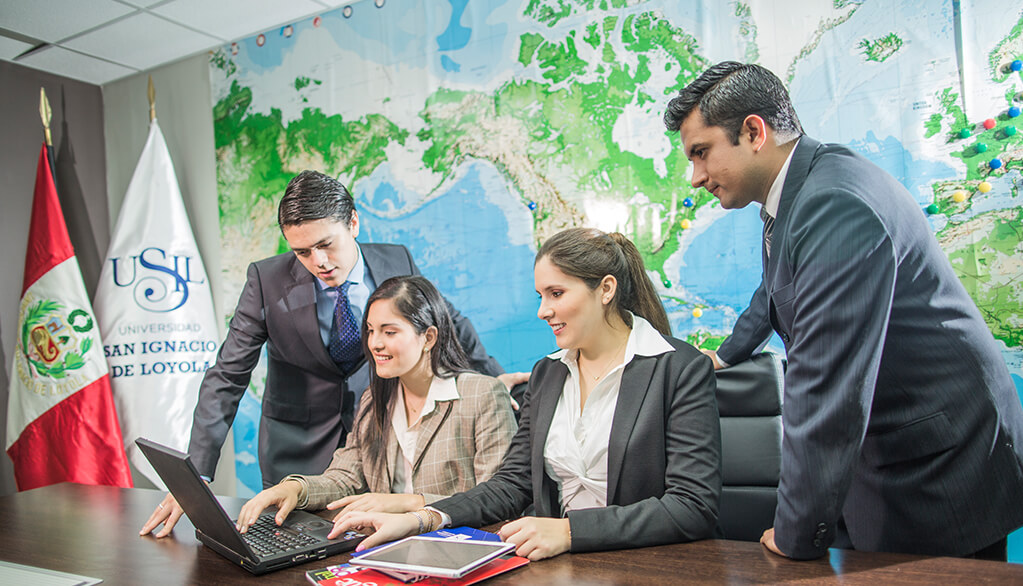
Carbon Footprint Measurement
Through this annual activity, we seek to measure our carbon footprint annually and take measures to reduce CO2 emissions. For this process, scope and boundaries were identified according to the activities carried out on our campuses. Subsequently, the corresponding information was processed, and the total carbon emissions generated at our locations was obtained.
Measures to Reduce CO2 Emissions
In our operations, we seek to use all the resources we need adequately:
- We implemented preventive maintenance programs for vehicles and equipment.
- There are buses available to take our students to the Pachacámac campus and reduce the impact of using their own cars.
- We designated special parking spaces for eco-efficient vehicles, low-emission vehicles, and bicycles.
- We incorporated criteria aimed at saving on paper and minimizing environmental impacts in the purchasing specifications of this resource.
- We avoid excessive use of paper, putting an individual digitization system in practice. This makes it possible to identify areas that use a large amount of paper, in order to make reductions.
- We promote digital document management, sharing digitized information rather than printed copies, the use of electronic mail, and digital signatures.
- We have specialized equipment configured to facilitate printing on both sides of paper.
- We carry out campaigns to promote the reuse of paper for printing rough drafts.
- Committed to responsible consumption of plastic and aware of its harmful effects on the planet, we carry out actions that promote reduction of the use of plastic bottles and bags, educating the university community on the impact of plastic on the world.
